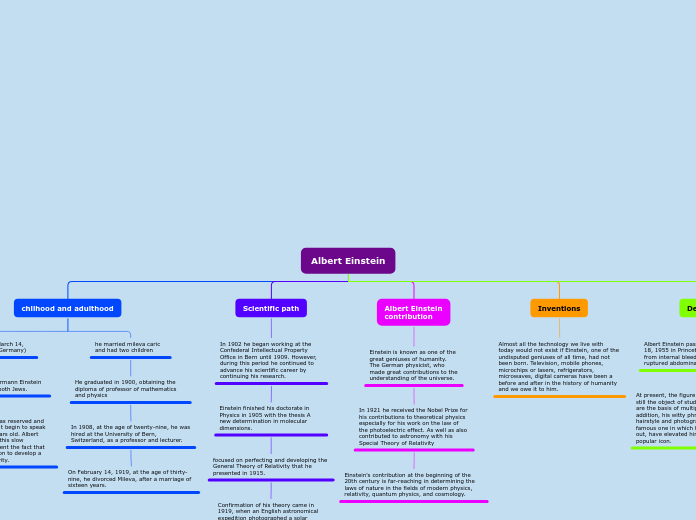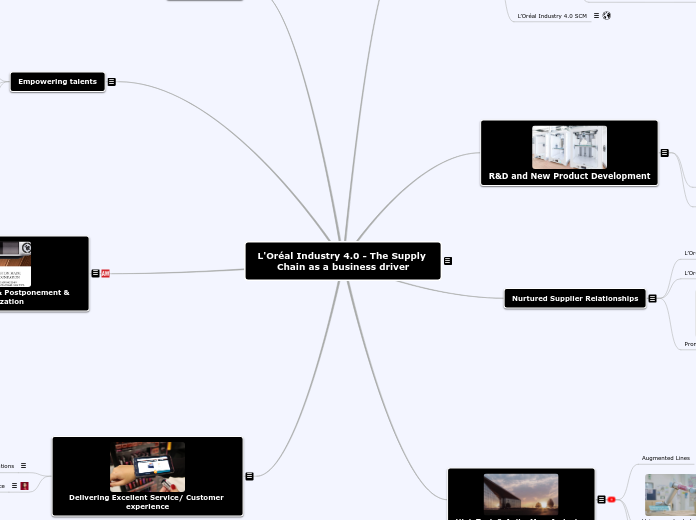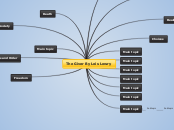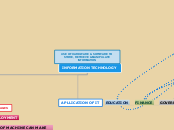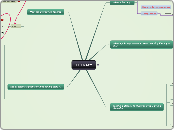Albert Einstein
Death
Albert Einstein passed away on April 18, 1955 in Princeton at the age of 76 from internal bleeding caused by a ruptured abdominal aortic aneurysm.
At present, the figure of Albert Einstein is still the object of study and his discoveries are the basis of multiple investigations. In addition, his witty phrases, his curious hairstyle and photographs such as the famous one in which he sticks his tongue out, have elevated him to the category of popular icon.
Inventions
Almost all the technology we live with today would not exist if Einstein, one of the undisputed geniuses of all time, had not been born. Television, mobile phones, microchips or lasers, refrigerators, microwaves, digital cameras have been a before and after in the history of humanity and we owe it to him.
Albert Einstein contribution
Einstein is known as one of the great geniuses of humanity. The German physicist, who made great contributions to the understanding of the universe.
In 1921 he received the Nobel Prize for his contributions to theoretical physics especially for his work on the law of the photoelectric effect. As well as also contributed to astronomy with his Special Theory of Relativity
Einstein's contribution at the beginning of the 20th century is far-reaching in determining the laws of nature in the fields of modern physics, relativity, quantum physics, and cosmology.
Scientific path
In 1902 he began working at the Confederal Intellectual Property Office in Bern until 1909. However, during this period he continued to advance his scientific career by continuing his research.
Einstein finished his doctorate in Physics in 1905 with the thesis A new determination in molecular dimensions.
focused on perfecting and developing the General Theory of Relativity that he presented in 1915.
Confirmation of his theory came in 1919, when an English astronomical expedition photographed a solar eclipse. Thanks to this, Time introduced Einstein as the new Newton and his international recognition only increased.
chilhood and adulthood
he married mileva caric and had two children
He graduated in 1900, obtaining the diploma of professor of mathematics and physics
In 1908, at the age of twenty-nine, he was hired at the University of Bern, Switzerland, as a professor and lecturer.
On February 14, 1919, at the age of thirty-nine, he divorced Mileva, after a marriage of sixteen years.
was born on March 14, 1879 in Ulm (Germany)
Firstborn son of Hermann Einstein and Pauline Koch, both Jews.
As a child, Einstein was reserved and introverted and didn´t begin to speak until he was three years old. Albert himself attributed to this slow intellectual development the fact that he was the only person to develop a theory such as relativity.
